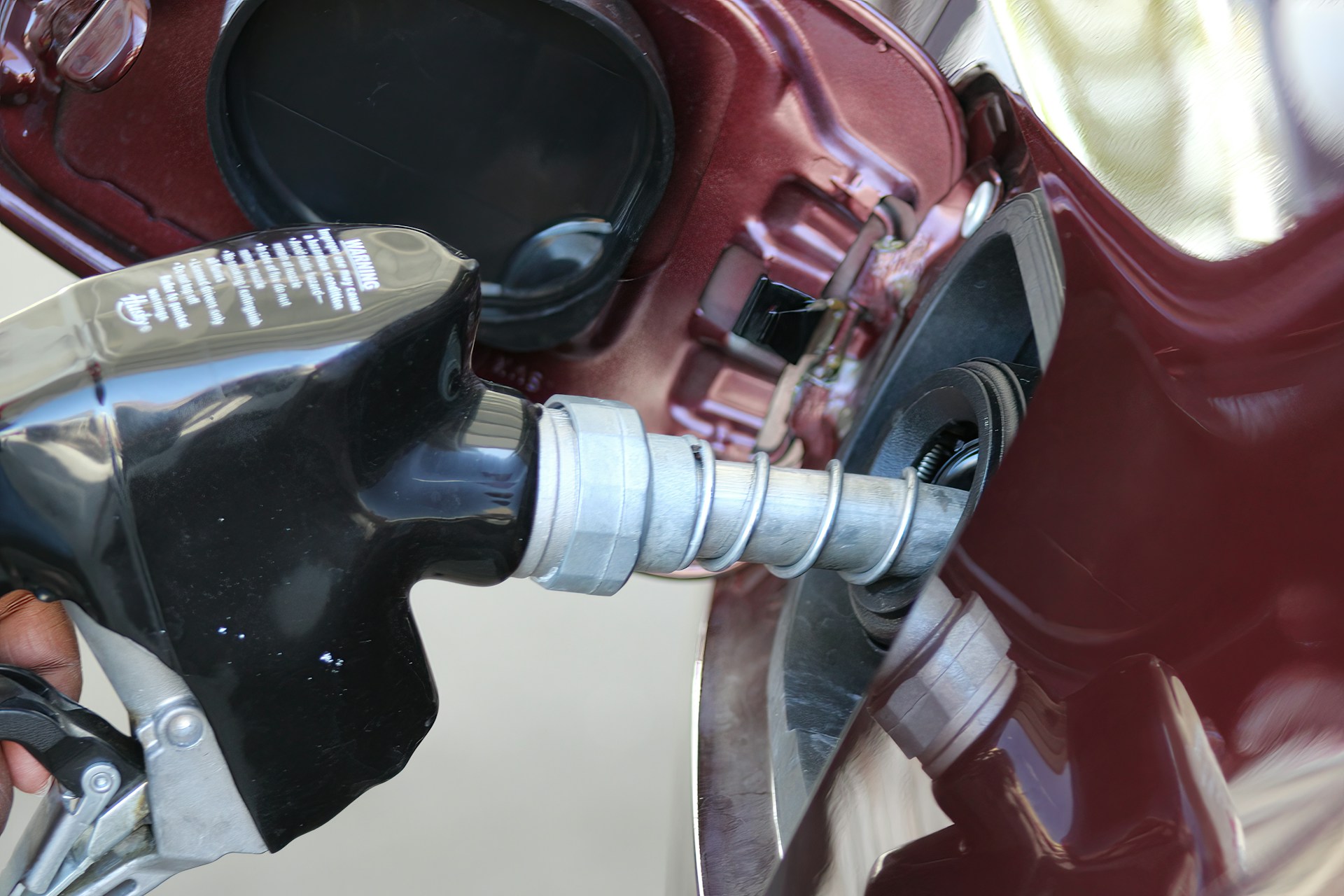Casablanca – In a significant advancement for Africa’s energy integration, Morocco and Nigeria have announced the creation of a joint company dedicated to managing and coordinating the implementation of the long-awaited Nigeria–Morocco gas pipeline, a landmark infrastructure project estimated to cost around $25 billion. The new entity will serve as the central operator responsible for governance, financing, and execution, marking a new phase in one of the most ambitious energy initiatives on the continent.
The announcement, reported by several African and international media outlets including The Guardian Nigeria, highlights the project’s growing momentum after years of feasibility studies and regional consultations. The pipeline, first proposed in 2016, aims to connect Nigeria’s vast natural gas reserves to North African and European markets through the Atlantic coast of West Africa.
A strategic project for regional energy integration
The Nigeria–Morocco gas pipeline will extend over approximately 6,000 kilometers, traversing 13 coastal nations in West Africa, including Benin, Togo, Ghana, Côte d’Ivoire, Liberia, Sierra Leone, Guinea, Guinea-Bissau, The Gambia, Senegal, and Mauritania, before reaching Morocco. It will also provide connections to landlocked countries such as Niger, Burkina Faso, and Mali, linking them to the regional energy network for the first time.
Once operational, the infrastructure is expected to transport between 15 and 30 billion cubic meters of natural gas per year, supplying energy to nearly 400 million people across the region. At its northern end, the pipeline will connect to the existing Maghreb–Europe gas pipeline, allowing Nigerian gas to reach European markets directly through Morocco.
Beyond its export potential, the project is designed to enhance energy access within West Africa, support the industrialization of regional economies, and contribute to the transition toward cleaner energy sources by reducing reliance on coal and oil.
A dedicated company to accelerate implementation
According to Amina Benkhadra, Director General of Morocco’s National Office of Hydrocarbons and Mines (ONHYM), the establishment of a joint company marks “a decisive step in structuring the large-scale financing of the project and guiding its implementation.” She emphasized that the initiative now benefits from a clear technical and financial vision, allowing for more efficient coordination between the involved parties.
The new company will act as a parent entity, supervising several regional subsidiaries responsible for specific segments of the pipeline across different countries. This governance model, approved by the Economic Community of West African States (ECOWAS), aims to ensure both transparency and effective management across jurisdictions.
Technical studies defining the pipeline’s route were completed in mid-2025, confirming the viability of the selected path and paving the way for final investment and construction decisions.
Growing regional and international partnerships
The Nigeria–Morocco gas pipeline has steadily attracted new partners, reflecting its growing geopolitical and economic importance. In July 2025, Togo officially joined the project as a public partner, following the signing of a supplementary protocol between the Nigerian National Petroleum Company (NNPC), ONHYM, and Togo’s national energy firm SOTOGAZ.
This addition brings the total number of partner states to over a dozen and underscores the cooperative nature of the venture, which is designed to benefit both producers and consumers of energy across Africa.
Strong international financial backing
On the financial front, the project has drawn significant international interest. Morocco’s Minister of Energy Transition and Sustainable Development, Leila Benali, confirmed that the United Arab Emirates has joined the list of institutional backers, alongside key multilateral lenders such as the European Investment Bank (EIB), the Islamic Development Bank (IsDB), and the OPEC Fund for International Development (OFID).
These partners are expected to work closely with the newly established company to coordinate financing mechanisms and secure long-term funding. The final investment decision (FID) is scheduled for late 2025, which will determine the project’s transition from planning to construction.
Energy and geopolitical significance
The Nigeria–Morocco gas pipeline is widely seen as a strategic corridor that could transform energy access and security across West Africa while reinforcing the continent’s role in the global gas market. By linking Nigeria’s gas reserves—the largest in Africa and among the top ten globally—to North Africa and Europe, the project strengthens the region’s capacity to meet domestic demand and export surplus production.
Furthermore, the initiative aligns with broader goals of regional economic integration under ECOWAS and the African Continental Free Trade Area (AfCFTA), supporting shared infrastructure development and cross-border cooperation.
Energy analysts view the project as a complementary alternative to existing gas supply routes, particularly in light of Europe’s efforts to diversify its energy sources. The pipeline’s completion would also enhance Africa’s leverage in future global energy negotiations and could stimulate investment in complementary infrastructure such as gas processing plants, power generation, and industrial zones.
Outlook
As the project enters a new operational phase, attention will focus on the company’s ability to coordinate financing, manage regional partnerships, and ensure environmental and social safeguards across all participating countries. With international support growing and political commitment reaffirmed, the Nigeria–Morocco gas pipeline is poised to become one of the defining energy projects of the decade — a continental backbone connecting West Africa’s energy potential to the global market.
















